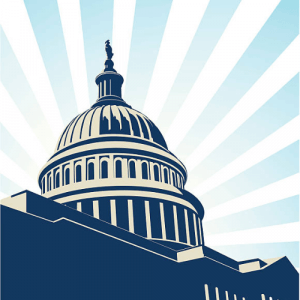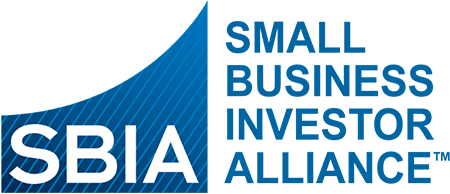SBIA Backs “Small Business Investor Capital Access Act”
Legislation Will Promote New Fund Formation and Improve Capital Access for Small Businesses
WASHINGTON, D.C. (June 4, 2025) – The Small Business Investor Alliance (SBIA), the national association representing lower middle market private equity investors, has expressed strong support for the Small Business Investor Capital Access Act, introduced by U.S. Representatives Andy Barr (R-KY) and Nydia Velázquez (D-NY). The bill, which seeks to modernize the exemption for private fund advisors having to register with the Securities and Exchange Commission (SEC), would index the current assets under management (AUM) cap to inflation, starting from its original enactment in 2010 and indexing it annually thereafter.
“The original $150 million threshold was set too low and has never been adjusted to reflect economic growth or inflation,” said SBIA President Brett Palmer. “Representatives Barr and Velázquez are taking a crucial step to ensure that small businesses and the private fund industry can thrive without being held back by outdated regulations.”
The original SEC registration threshold, established in 2010, was set without consideration for inflation, rendering it outdated in today’s economic landscape. This legislation rectifies that oversight by indexing the threshold to inflation, ensuring that the regulatory framework evolves alongside the growth of the private fund industry. Modernizing this threshold would not only reduce unnecessary regulatory burdens on smaller funds, but also foster an environment where private equity can more effectively support small businesses and drive economic growth.
Background and Rationale
In 2010, the Dodd-Frank Wall Street Reform and Consumer Protection Act introduced significant changes to the regulation of private fund advisers. One of the key provisions was the establishment of a $150 million assets under management (AUM) threshold for SEC registration exemptions. However, this threshold was set without accounting for inflation and has remained static since its inception. Over the past 15 years, inflation has eroded the real value of the $150 million threshold, making it increasingly restrictive. For instance, had the threshold been adjusted for inflation since 2010, it would be approximately $210 million today. This misalignment means that many private fund advisers who would have been exempt under an inflation-adjusted threshold are now subject to burdensome SEC registration requirements.
The current threshold disproportionately impacts smaller funds, which collectively manage less than 0.5% of total AUM in the private equity sector. These smaller funds often lack the resources to comply with extensive SEC reporting and compliance obligations, diverting capital away from investments in small businesses and startups. By indexing the registration threshold to inflation, the proposed legislation aims to alleviate these regulatory burdens, enabling smaller funds to operate more efficiently and focus on their core mission: investing in and supporting small businesses. This adjustment not only aligns the regulatory framework with current economic realities, but also promotes a more dynamic and accessible private equity landscape.
# # #
About the Small Business Investor Alliance
The Small Business Investor Alliance (SBIA) is the national association representing Business Development Companies (BDCs) and lower middle market private equity funds and investors. SBIA works on behalf of its members as a tireless advocate for policies that promote competitive markets and robust domestic investment for growing small businesses. SBIA has been playing a pivotal role in promoting the growth and vitality of the private equity industry for over 65 years. For more information, visit www.SBIA.org or call (202) 628-5055.

